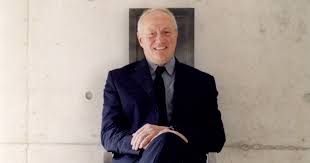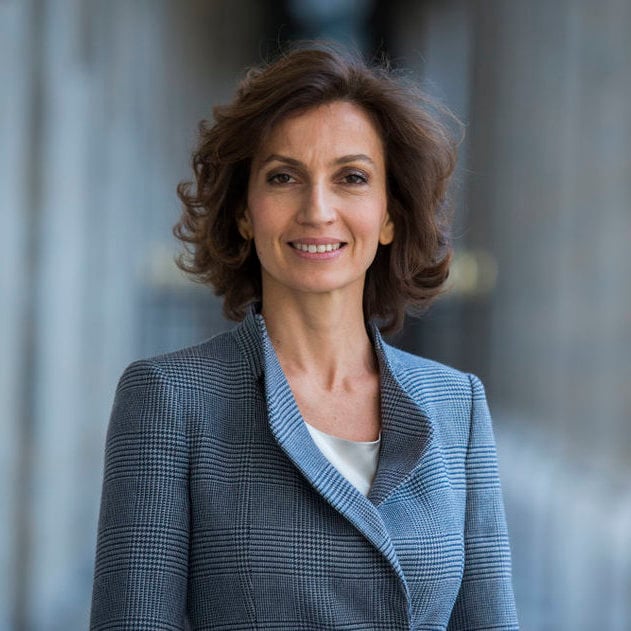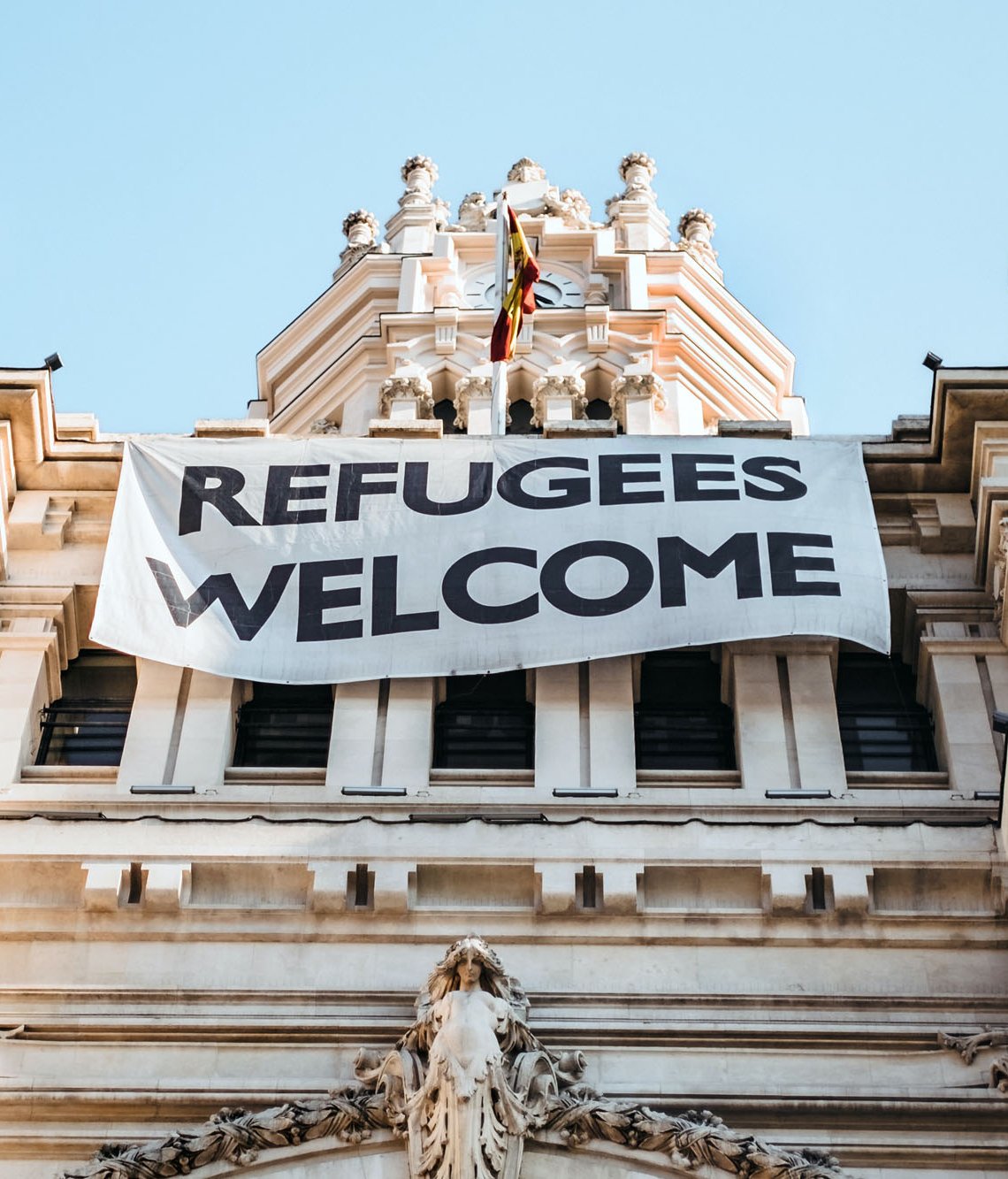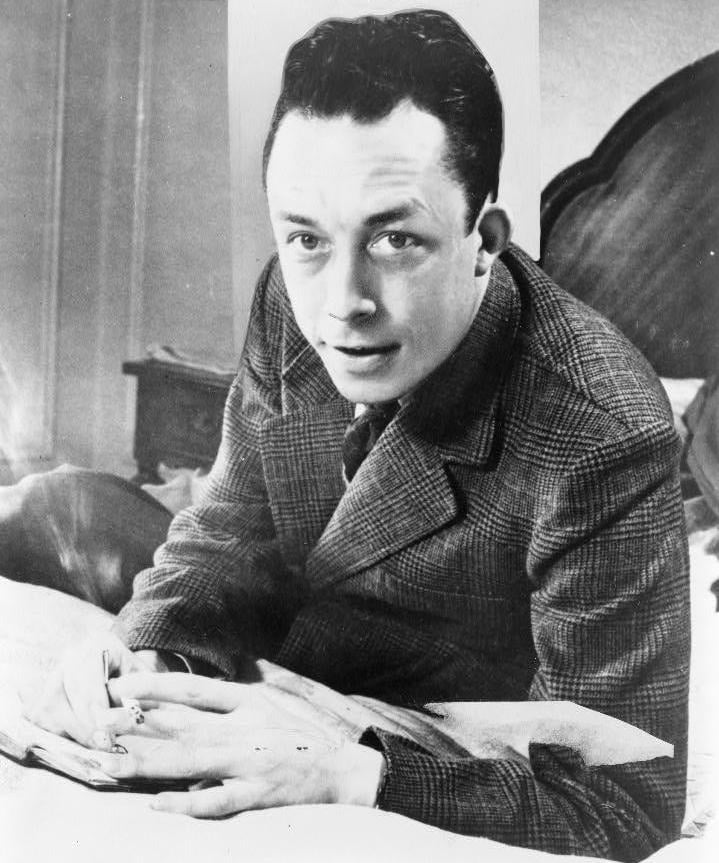#Convention
Convention on the Protection and Promotion of the Diversity of Cultural Expressions
20 October 2005 – Paris, France
Based on human rights and fundamental freedoms, the 2005 Convention ultimately provides a new framework for informed, transparent and participatory systems of governance for culture.
Through the 2005 Convention for the Protection and Promotion of the Diversity of Cultural Expressions, the international community recognised the dual nature, both cultural and economic, of contemporary cultural expressions produced by artists. This recognition is essential, given the centrality of cultural and creative industries to inclusive economic growth, reduction of inequality and achieving the 2030 Sustainable Development Agenda.


This #Convention was
? Adopted by UNESCO
? Signed by the UK
? Passed as UK law
? Ratified
The UK chose not to ratify the Convention or accede to the First Protocol in 1954 as it considered that it did not provide an effective protection of cultural property. The adoption of the Second Protocol in 1999, addressed these concerns and allowed the UK to announce its intention to ratify in 2004, and did so in September 2017.
#PageMenu
“The Convention on the Protection and Promotion of the Diversity of Cultural Expressions affirms the political will and commitment of governments to protect and promote the widest possible range of cultural expressions as well as to promote fundamental freedoms of expression, information and communication.”
Francesco Bandarin, Assistant Director-General for Culture, UNESCO

Quote
? The #Convention summarised
The convention was adopted in order to codify that while cultural goods have an important economic value, they are not mere commodities or consumer goods that can only be regarded as objects of trade.
Worldwide, cultural and creative industries are some of the fastest growing sectors – now accounting for some 6.1% of the global economy. Through this historic agreement, the global community recognised the dual nature of contemporary cultural expressions. This allows States to maintain, adopt and implement policies to protect the diversity of cultural expression, both nationally and internationally, whilst promoting the important economic value of creative industry.
The convention aims to support the creation of national policies within States Parties to promote creation, production and access to diverse cultural goods and services and contributed to informed and participatory systems of governance for culture. Preferential treatment measures enshrined in the convention allow for a balanced flow of cultural goods and services and promote the mobility of artists and cultural professionals around the world.
It also supports international and national legislation related to both human rights and fundamental freedoms, both artistic freedom and the social and economic rights of artists.
#Quote
‘Culture has a fundamental role to play in rising to the challenges of our century. In the face of global fractures, and the paralysis of some institutional platforms, it is a common language that breaks down barriers’
Audrey Azoulay, Director-General, UNESCO

Quote
? #InPicture
Discover some of the World’s artistic expressions below
Find out what organisations in the UK are doing to promote the objectives of the Convention on the Protection and Promotion of the Diversity of Cultural Expressions
#InDetail
THE CONVENTION IN THE UK
Discover the UK’s involvement with the #Convention on the Protection and Promotion of the Diversity of Cultural Expressions
The Convention sets out recommendations which all States Parties must observe, both in relation to their own national creative industries as well as that of other States Parties. The UK meets these objectives through government policy and other organisations.

Department for Digital, Culture, Media and Sport
DCMS
? Government Organ
DCMS protects and promotes the UK’s cultural and artistic heritage and helps businesses and communities to grow by investing in innovation and highlighting Britain as a fantastic place to visit. They help to give the UK a unique advantage on the global stage, striving for economic success.
OUR CONTRIBUTION
Read more about the UK National Commission’s contribution to the #Convention’s mission
The UK National Commission for UNESCO utilises our expert network to inform and advise government on issues relating to UNESCO’s mandate for the building of peace and the responsibilities of the UK in areas of international law governed by UNESCO.

Chair in Refugee Integration through Languages in the Arts at the University of Glasgow
SINCE 2017
? Chair
The University of Glasgow’s Chair in Refugee Integration through Languages and the Arts (RILA) is responding to the global refugee crisis by researching, pioneering and sharing creative ways to foster integration and empower all members of new communities, where refugees live, to flourish, together.
KEY PEOPLE
Explore the world’s hundreds of UNESCO Global Geoparks and learn more about their mission
[mapsvg id=”12731″]
RELATED PUBLICATIONS
Read our latest publications on the topic of heritage protection
Established in 2001, the UNESCO World Book Capital is designed to promote books, reading and a love of literature. One city is chosen per year to be the UNESCO World Book Capital.
The purpose of the Prize is to reward an activity of outstanding merit which has contributed to the freedom, independence and dignity of peoples and to the strengthening of a new international economic, social and cultural order.
Established in 2014, the Prize is awarded every two years to a person, group or international institution that has made an outstanding contribution to the development of knowledge and society through art, teaching and research in social sciences and humanities.
The purpose of the International UNESCO/José Martí Prize is to promote and reward an activity of outstanding merit in accordance with the ideals and spirit of José Martí.
The Shenzhen Design Award for Young Talents (SDAY) is an international, professional competition for young designers under 35 who are from one of the UNESCO Creative Cities worldwide.
#Quote
‘Without culture, and the relative freedom it implies, society, even when perfect, is but a jungle. This is why any authentic creation creation is a gift to the future.
Albert Camus

Quote
? #AllConventions
Discover some of the UNESCO’s other legal instruments

Convention on the Recognition of Studies, Diplomas and Degrees concerning Higher Education in the States belonging to the Europe Region
SINCE JULY 2015
?️ #RatifiedConvention
The tectonic island of Anglesey includes more than a hundred different rock types and the oldest fossils in England or Wales with 1,800 million years of Earth’s history.

International Convention against Doping in Sport
SINCE JULY 2015
?️ #RatifiedConvention
The tectonic island of Anglesey includes more than a hundred different rock types and the oldest fossils in England or Wales with 1,800 million years of Earth’s history.

International Convention for the Protection of Performers, Producers of Phonograms and Broadcasting Organizations
SINCE JULY 2015
?️ #RatifiedConvention
The tectonic island of Anglesey includes more than a hundred different rock types and the oldest fossils in England or Wales with 1,800 million years of Earth’s history.

Universal Copyright Convention, with Appendix Declaration relating to Article XVII and Resolution concerning Article XI
SINCE JULY 2015
?️ #RatifiedConvention
The tectonic island of Anglesey includes more than a hundred different rock types and the oldest fossils in England or Wales with 1,800 million years of Earth’s history.

Convention Concerning the International Exchange of Publications
SINCE JULY 2015
?️ #RatifiedConvention
The tectonic island of Anglesey includes more than a hundred different rock types and the oldest fossils in England or Wales with 1,800 million years of Earth’s history.

Convention for the Protection of Cultural Property in the Event of Armed Conflict, and Regulations for its Execution
SINCE JULY 2015
?️ #RatifiedConvention
The tectonic island of Anglesey includes more than a hundred different rock types and the oldest fossils in England or Wales with 1,800 million years of Earth’s history.

Convention for the Protection of the World Cultural and Natural Heritage
SINCE JULY 2015
?️ #RatifiedConvention
The tectonic island of Anglesey includes more than a hundred different rock types and the oldest fossils in England or Wales with 1,800 million years of Earth’s history.

Convention on the Means of Prohibiting and Preventing the Illicit Import, Export and Transfer of Ownership of Cultural Property
SINCE JULY 2015
?️ #RatifiedConvention
The tectonic island of Anglesey includes more than a hundred different rock types and the oldest fossils in England or Wales with 1,800 million years of Earth’s history.
Discover UNESCO’s #Framework in the UK
UNESCO’s Culture Legal Framework in the UK is built around and ? Standard-Setting Instruments ? Organs & Programmes and ? Institutes & Centres
click on the links above
DISCOVER
More on #Recommendations and #Declarations
#Framework #StandardSetting


